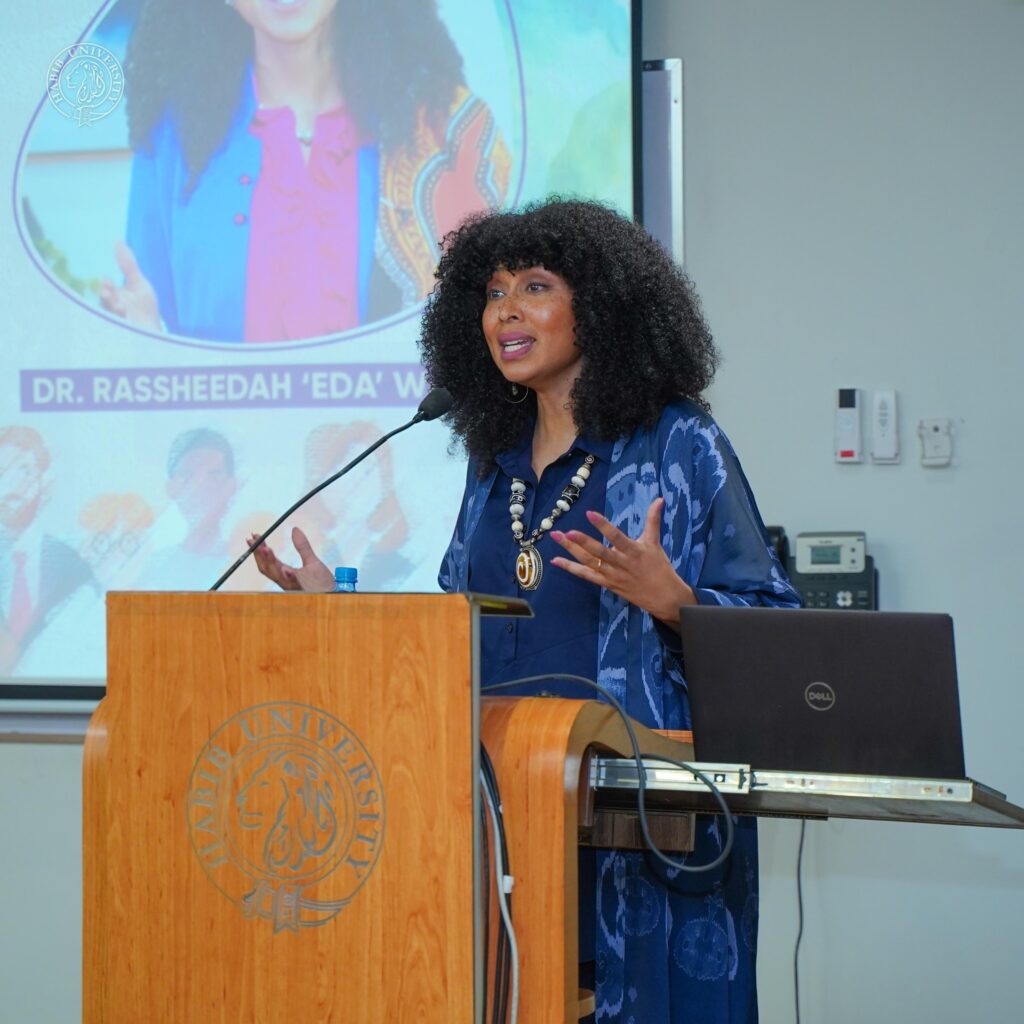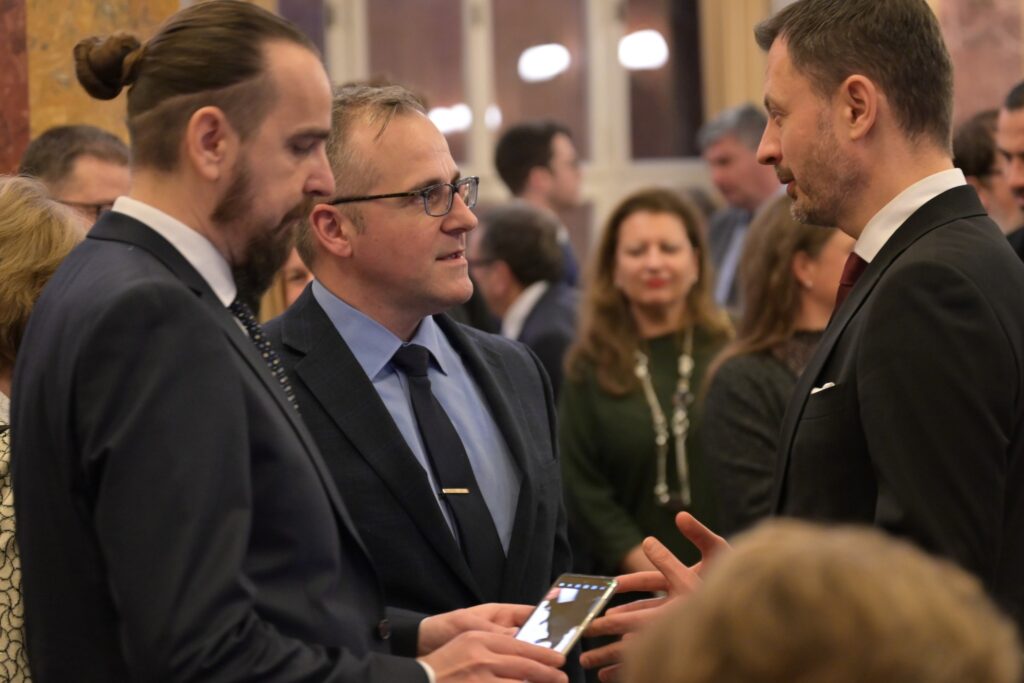-
What We Do
- WHERE WE WORK
-
About Us
 Welcome Message from Carol Jenkins
Welcome Message from Carol JenkinsFor more than 90 years, World Learning has equipped individuals and institutions to address the world’s most pressing problems. We believe that, working together with our partners, we can change this world for the better.
On my travels, I’ve had the opportunity to meet with many of those who have joined us in this mission. In Baghdad, we’ve trained more than 2,300 Iraqi youth who are already giving back at home. In London, our partners in the TAAP Initiative strongly believe that we are all responsible to practice inclusion. And in Vermont, our Experiment in International Living and School for International Training participants prove every day that they have the tools and the determination to change the world.
Please join us in our pursuit of a more peaceful and just world.
- Get Involved
Media Center > Story
U.S. Speaker Program facilitates information sharing to help solve critical global issues
May 24, 2023

The U.S. Speaker Program connects U.S. embassies and consulates around the world with experts from a broad range of fields to engage international audiences, network, and exchange ideas and information.
In collaboration with the U.S. Department of State’s Bureau for Educational and Cultural Affairs (ECA), World Learning administers the program which sends between 400 and 500 speakers around the world annually. Over the past eight years, World Learning has implemented more than 3,000 speaker programs that have included both virtual and in-person lectures, workshops, seminars, and consultations.
Speakers cover topics of strategic importance to U.S. foreign policy — such as strengthening civil society, building media literacy, promoting economic prosperity, countering violent extremism, and tackling climate change — with the goal that the exchange of information will inspire solutions to critical issues affecting the world today.
“Through the U.S. Speaker Program, a diverse range of U.S. experts can form professional connections and engage foreign audiences as they share knowledge and skills and encourage strong civil society institutions,” said Dianne Neville, senior program officer at World Learning.
Recently, the U.S. Embassy in Nigeria hosted speaker Thomas Hicks for a webinar about voting rights and the electoral process. Hicks, a U.S. Election Assistance Commission chairman, drew upon his knowledge about voting rights in the U.S. to encourage young Nigerians to engage in the electoral process and mobilize their fellow youth to vote.
Through the U.S. Speaker Program, a diverse range of U.S. experts can form professional connections and engage foreign audiences as they share knowledge and skills and encourage strong civil society institutions.
Dr. Rassheedah Watts, an associate vice president of equity & inclusion at North Hennepin Community College and a certified diversity trainer at The Inclusive Community Architect, spoke at Habib University in Pakistan. Her session “Best Practices of Diversity, Equity, and Inclusion in Higher-Ed Institutions” shared strategies for creating a more equitable and inclusive learning environment.
And Robert Williams, the executive director of the USC Shoah Foundation, spoke in Slovakia on the topics of extremism, antisemitism, and the harmful effects of disinformation. In addition to his lecture, Williams conducted an AI-generated conversation with a Slovak Holocaust survivor. He joined Prime Minister Eduard Heger to discuss extremism and tolerance as they walked through Bratislava’s historical sites.

In March, the U.S. Speaker Program partnered with the Academy for Women Entrepreneurs Summit. This ECA exchange program provides women from the Indo-Pacific region with the opportunity to network and share ideas about launching successful businesses. The 200 participants heard from speakers like Nancy Wang, general manager of Amazon Web Services and CEO of Advancing Women in Tech; Rekha Pai Kamath, impact investor and partner at Silicon Valley Venture Fund; and Kate Watts, executive director at Advancing Women in Tech.
“Speaking on tailored program topics like climate entrepreneurship, cultural institutions management, and promoting STEAM, space diplomacy, and more, U.S. Speakers create professional linkages meant to strengthen global civil society across hundreds of programs each year,” Neville said.





